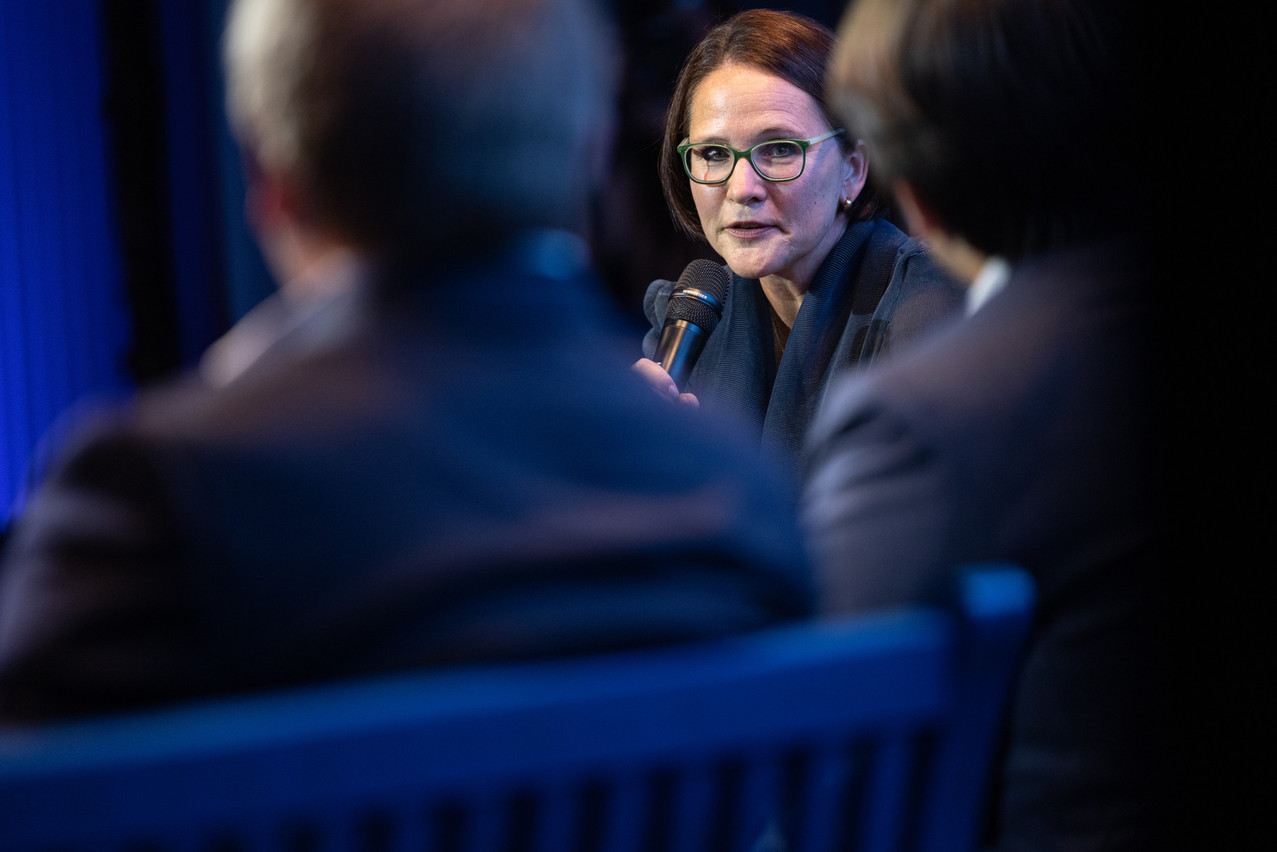As the chamber prepares to vote on on Wednesday 12 July, which modernises Luxembourg’s “toolbox” for investment funds, the issue of subscription tax reform remains firmly on the parliamentary agenda.
, including this one. While the subscription tax itself is not being called into question, it is being adapted--at the request of the European Commission, which wants to encourage member states to introduce national tax incentives--to support the emergence of new European products such as Eltifs and the new European pension product (Pepp). These products will be subject to preferential rates of 0.01% instead of the standard rate of 0.50%, and may even be exempt from contributions altogether.
These targeted adjustments are not a first. (DP), when he was finance minister, had already adopted a degressive rate of up to 0.01% depending on the proportion of assets invested in sustainable economic activities (excluding nuclear power).
An open question for MPs
The failure to address the issue upset a number of MPs in committee, particularly members of the majority. Under pressure from them, the committee chair promised to invite finance minister (DP) to come and discuss the subject, and (said one MP) to do so before the end of the holidays. However, this invitation should not give rise to any announcements, as the government’s program seems to be firmly fixed ahead of the elections.
In any case, a familiar line was reiterated by energy minister (déi Greng) when asked, by (ADR), whether the government saw an opportunity for a general review of the subscription tax, in particular to strengthen Luxembourg’s financial centre in the face of competition from Dublin.
“The government sees the competitiveness of the Luxembourg financial centre as a whole. This issue cannot be reduced to tax measures alone,” said the minister. He went on to say that, in the light of European and international developments, and in consultation with the sector, the government “will make specific adjustments to the Luxembourg financing framework in order to maintain and strengthen the sector’s competitiveness.”
It remains unsaid, however, what these specific adjustments might be.
Tax competition, a done-to-death issue
Discussions of subscription tax bring us back to the issue of tax competition between EU member states, in general, and competition with Ireland in the investment fund sector, specifically. At a Paperjam+Delano Business Club roundtable on 27 June, held in the context of the upcoming legislative elections, politicians in attendance spoke out against tax competition and said that this was not the primary reason for the country’s competitiveness. The exception was (ADR), who was in favour of such competition in the name of controlling spending.
As for the subscription tax, participants saw it more as a tool than an end in itself. (déi Greng) considers it an instrument for directing investment where it is needed; in other words, as a way to promote the energy transition. Kartheiser, on the other hand, is in favour of reducing the tax to improve competitiveness with Ireland and the Netherlands.
While waiting for the debate to continue, professionals can take comfort from the fact that bill 8183 will lower the minimum threshold for investments in hedge funds from €125,000 to €100,000. This is one change, long hoped for, that has finally been made.
This article in French in Paperjam. It has been translated and edited for Delano.
